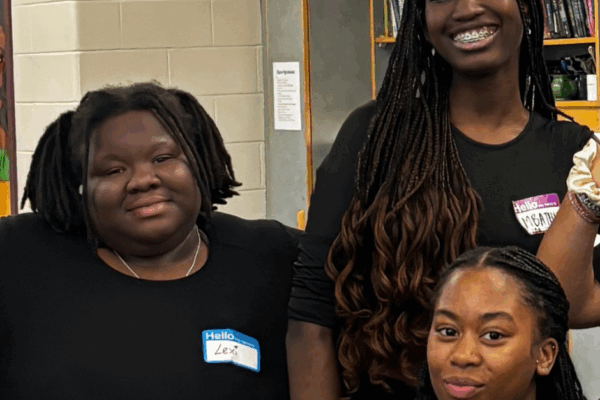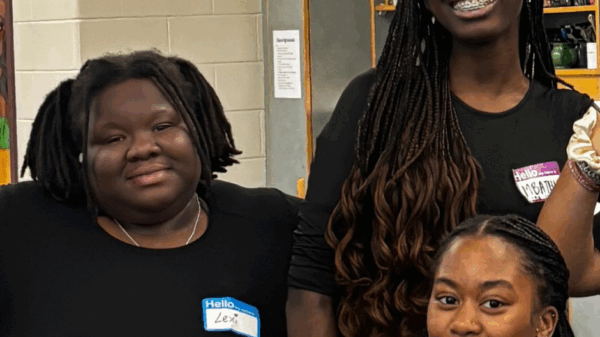By: Kim Whittle, EEA Coordinator
The Circle Keepers are a New York-based, youth-led organization dedicated to dismantling the school-to-prison pipeline through student leadership and restorative practices.
Learn more about the circle keepers
The Circle Keepers are dedicated to facilitating what they refer to as “Fairnesses”, a guided round-table conversation designed to empower students to address and resolve conflicts between themselves and educators. The goal is to repair broken relationships. During these mediations the Circle Keepers must embody kindness, patience, open-mindedness, and good listening skills. These mediations serve as a platform for restorative justice (RJ) in conflict resolution. Students participate not because they are “in trouble”, but rather to take responsibility and accountability for their actions and to make amends with those who have been harmed.
Education Equity Ambassador coordinator, Kim Whittle (KW), sat down with The Circle Keepers, Mbathio Mbaye (MM), Ryan Clayton (RC), and Alexis Kirkman-Palmer (AKP), to get more insight into their work, the fairnesses approach, and what Delaware might be able to learn from it.
KW: A common argument regarding RJ practices is the perception that they lack consequences. What would you say to parents who hold this belief?
MM: The conversations we have during a Fairness is what really causes the change. A lot of what RJ centers around in schools does not actually involve the parents. The reason why we use RJ as an alternative to talking to the parents is because that’s the punitive measure. We try to separate ourselves from them because a lot of times in school it's either you do the mediation, or we have to tell your parents or guardians. The consequence isn’t suspension because they are just going to come back and do the same thing over and over again. RJ is not about hierarchy, it is about talking to the student one-on-one to understand each other, rather than seeing themselves through their parents’ lens.
KW: What would you say to administrators who hold the same belief?
AKP: When we first re-introduced RJ, the majority of the teachers were resistant because they saw it as a way for students to get out of trouble easily. They looked at a little sliver of what we do, and teachers said, That kid is going to get away, they’re not going to get in any trouble or have any consequences. But some teachers were more understanding and open. So those teachers engaged in Fairness with the students. Other teachers would say they understand but don’t agree, and other teachers would want to learn more about it.
MM: We went to PTA meetings and held circles teaching our teachers about what RJ is, how it’s implemented, and the results. I feel like buy-in wasn’t there due to a lack of understanding. The teachers don’t really know about the practice or the effects of the practice. Spreading the knowledge was really the best way to gain their trust.
RC: The principal of our school, Harvest Collegiate High School, is really pro-RJ. The school is not all RJ because they do still suspend kids when physical fights or altercations happen. That’s a point where they have to suspend because of the New York Department of Education. So we definitely have a lot of administrative buy-in.
Stay tuned for more on the RJ movement in Delaware schools!



